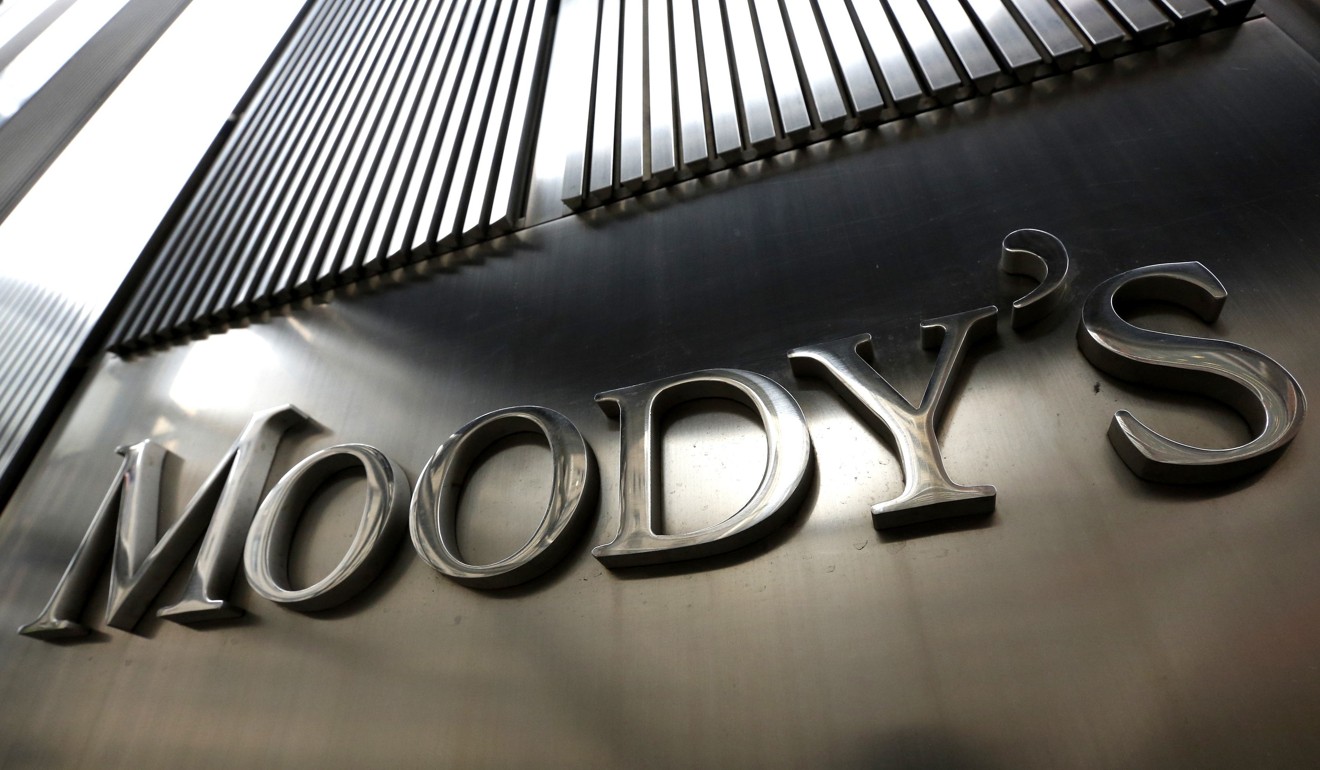A new report by Moody’s yesterday predicted some stability in the delinquency rate in commercial vehicle loans and home loans in India next year, hinging its forecasts on healthy economic growth.
The news report, which is sourced Financial Express online, indicated that from the country’s auto asset- backed securities (ABS) backed by commercial vehicle loans issued in 2018 would have positive credit characteristics that, along with healthy economic growth, will support the performance of these deals.”
Moody’s Vice President analyst, Dipanshu Rustagi said: “We expect delinquency rates for commercial vehicle loans backing outstanding auto ABS will remain stable at around 5.4 per cent for loans on new vehicles and 6.8 per cent for loans on used vehicles in 2018, supported by healthy economic growth.”
According to the report, auto ABS backed by commercial vehicle loans account for around 45 per cent of the total volume of outstanding ABS in the country, and Moody’s expects such deals will continue to account for a significant proportion of issuance in 2018.
In the residential mortgage-backed securities (RMBS) sector, the agency expects delinquencies to remain around low levels of one per cent in 2018, with stable interest rates and home prices supporting performance. It noted further that the majority of mortgage borrowers in the country are salaried employees with steady earnings and mainly use these loans to buy properties for self-occupation, which signifies that such borrowers have a good credit profile, it said.
The report, however, stated that delinquency rates in ABS deals backed by loans against property (LAP) to SMEs will increase next year because of the tougher operating environment for SMEs.
Rustagi commented further that “the introduction of a GST in July this year and the government’s demonetisation policy have placed stress on the SME sector.”
He, however, said the credit quality of new Indian ABS backed by LAP to SMEs would benefit from more stringent underwriting standards applied by lenders over the past year, adding that the more stringent underwriting standards for LAP reflect a more cautious approach by lenders in view of rising delinquencies and the subdued operating environment for SMEs.






